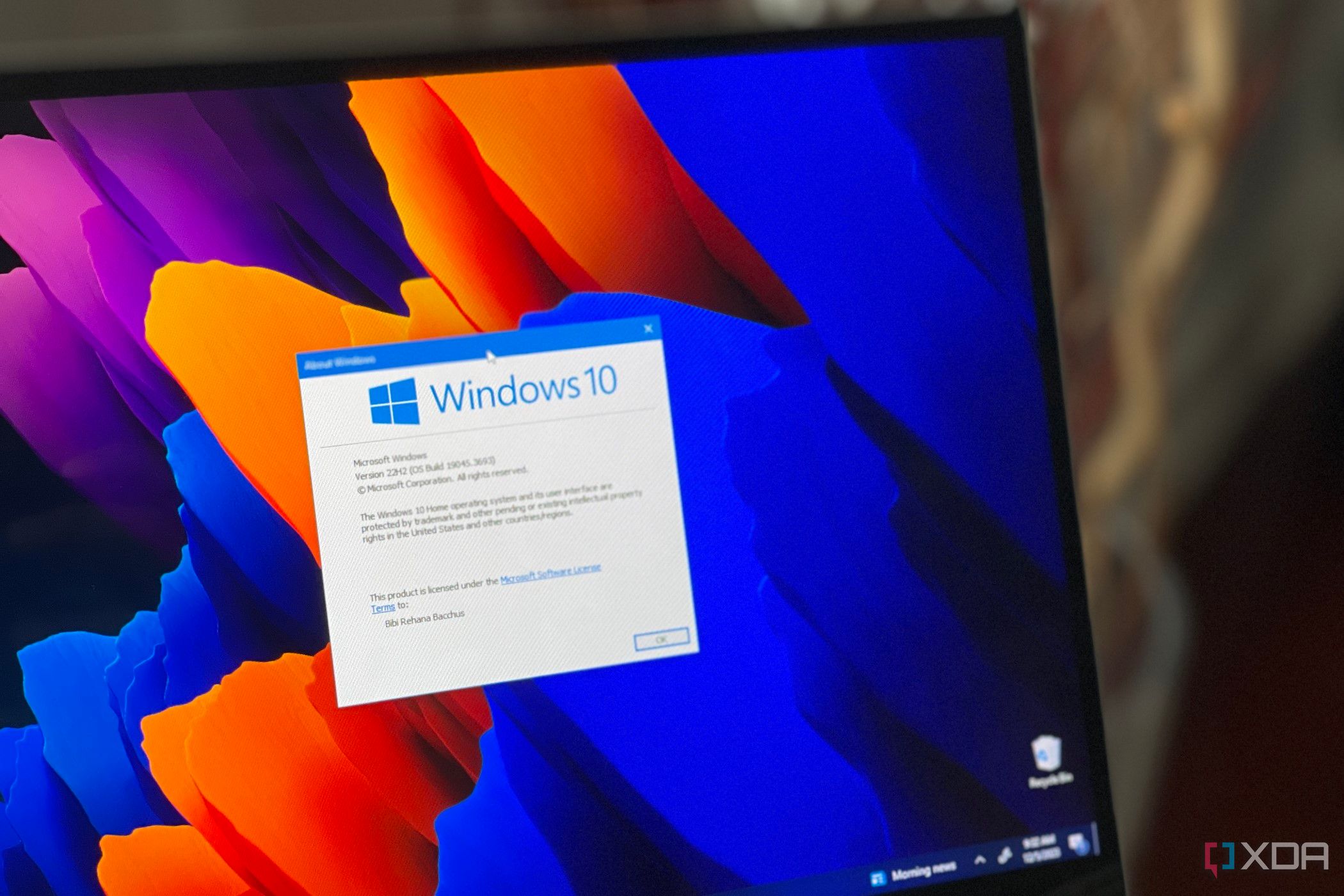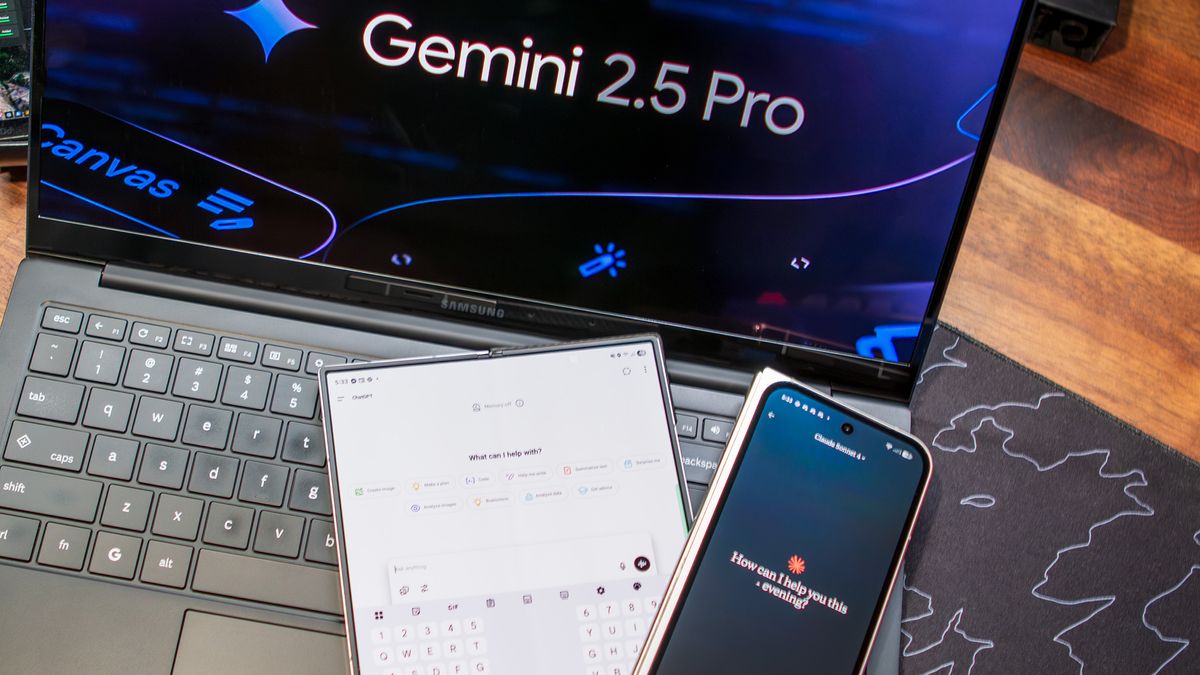Summary
- Microsoft urges Windows 10 users to upgrade to Windows 11 for improved performance, ideally by purchasing a new PC.
- The claim that Windows 11 is 2.3x faster than Windows 10 is based on comparing hardware, not just the software itself.
- Microsoft's claim is backed by Geekbench tests, which used Windows 11 PCs with better hardware than their Windows 10 counterparts.
With Windows 10's end-of-life date fast approaching, Microsoft would really like it if everyone who still runs the operating system would hurry up and upgrade to Windows 11, preferably by purchasing a new PC. We've seen the company use a few tactics, such as pop-up notifications in Windows 10 and a video vaguely threatening owners of older hardware to upgrade for security's sake.
Recently, the company published an article about how it believes Windows 11 is so much better than Windows 10. However, one of its largest claims is actually a little sneakier than it first appears, and when you take a closer look at it, you begin to see what Microsoft did to get its result.
Microsoft's claim that Windows 11 PCs are 2.3x faster than Windows 10 ones has some important context buried away
As spotted by Tom's Hardware, Microsoft published an article a few days ago titled "Stay secure with Windows 11, Copilot+ PCs and Windows 365 before support ends for Windows 10." As you might imagine from a title like that, it's the Redmond giant's recent attempt at convincing Windows 10 users to purchase a new PC (ideally a Copilot+ one) so they can upgrade to Windows 11 and keep support.
In the article, Microsoft makes this claim:
Faster and more efficient. Windows 11 continues to improve Windows update fundamentals, delivering faster monthly updates and smaller feature update downloads. This results in quicker response time when in sleep mode, faster web browsing and overall improved performance. In fact, Windows 11 PCs are up to 2.3x faster than Windows 10 PCs.
Sounds pretty great, doesn't it? If you're quickly skimming over the content, you'll likely get the idea that Windows 11 is 2.3x faster than Windows 10. And Microsoft wasn't lying when it made this claim; it even has the numbers to back it up.
However, there's one thing people likely missed when reading this claim. Microsoft doesn't say that Windows 11 itself is 2.3x faster; it says that Windows 11 PCs are faster. And there's a huge difference between Windows 11's performance as an operating system and a specific PC's performance while running Windows 11.
So, let's take a peek at the numbers Microsoft used to make this claim. If you look for the citation Microsoft used for this statement, you'll find the following in the end notes:
Based on Geekbench 6 Multi-Core benchmark. See aka.ms/w11claims.
Heading over to aka.ms/w11claims takes you to a page full of claims Microsoft has made with its hardware, plus links for more information. If you click on the "Windows 11 PCs" tab, and take a look at the entry labelled "Windows 11 PCs are up to 2.3x faster than Windows 10 PCs" in the resulting table, Microsoft claims this:
Based on testing performed by Microsoft in December 2024 using Geekbench® 6 Multi-core score comparing a selection of Windows 10 PCs with Intel© Core™ 6th, 8th, and 10th generation processors and Windows 11 PCs with Intel© Core™ 12th and 13th generation processors. Performance will vary significantly by device and with settings, usage, and other factors.
So yes, it turns out that the tests are based on Windows 10 PCs that were using weaker hardware than Windows 11's PCs, which means that the 2.3x claim is more down to the hardware than the software.
So, is Microsoft lying to everyone? Well, no. When Microsoft says "Windows 10 PCs," it likely doesn't mean any old PC running Windows 10. It's likely referring to a pre-built PC purchased with Windows 10 installed on it, back when it was the default Microsoft operating system. This would explain the processor difference between the two operating systems. If someone purchased a Windows 10 PC in the past and upgraded to a new Windows 11 PC, then yes, they will notice a speed upgrade due to the better hardware.
However, could Microsoft have done a better job and clarified that it compared a pre-made Windows 10 PC to a Windows 11 one? Definitely. If the company had stated that a store-bought Windows 11 PC is 2.3x faster than one purchased a few years ago with Windows 10, I think it would have still had the same effect without leading people on. There's even the chance that Microsoft wanted to say this from the start, but the wording made it look like it was the operating system.
.png)












 English (US) ·
English (US) ·